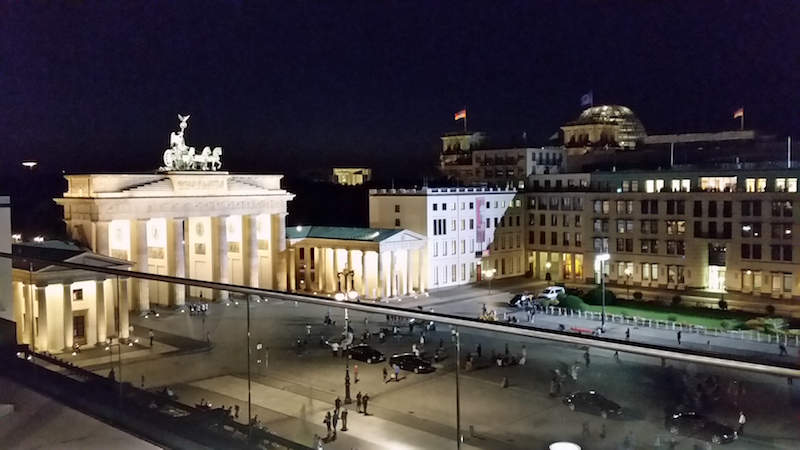
Okay, I swiped that title from Steve Kilbey. It’s the name of a really cool box set containing a CD of spoken word tracks that accompany a series of postcards printed from his paintings. I highly recommend checking it out — my favourite prose poetry pieces on there are The Visitor and The Lonely City.
Anyway, I stole the title because this very topic has been on my mind for the past couple weeks.
I’m talking about technology and how it changes us. More specifically, how it’s changing ME.

The wheels inside my head started grinding earlier last month when I attended several events at the 9th Berlin Bienalle for Contemporary Art…
The theme this year was The Present in Drag. A widely varied group of artists turned their attention to the paradoxes of our digital world, and to bizarre ideas that we’ve come to accept as normal: nations as brands (or brands as “nations”), people as data, culture as capital, happiness as GDP.
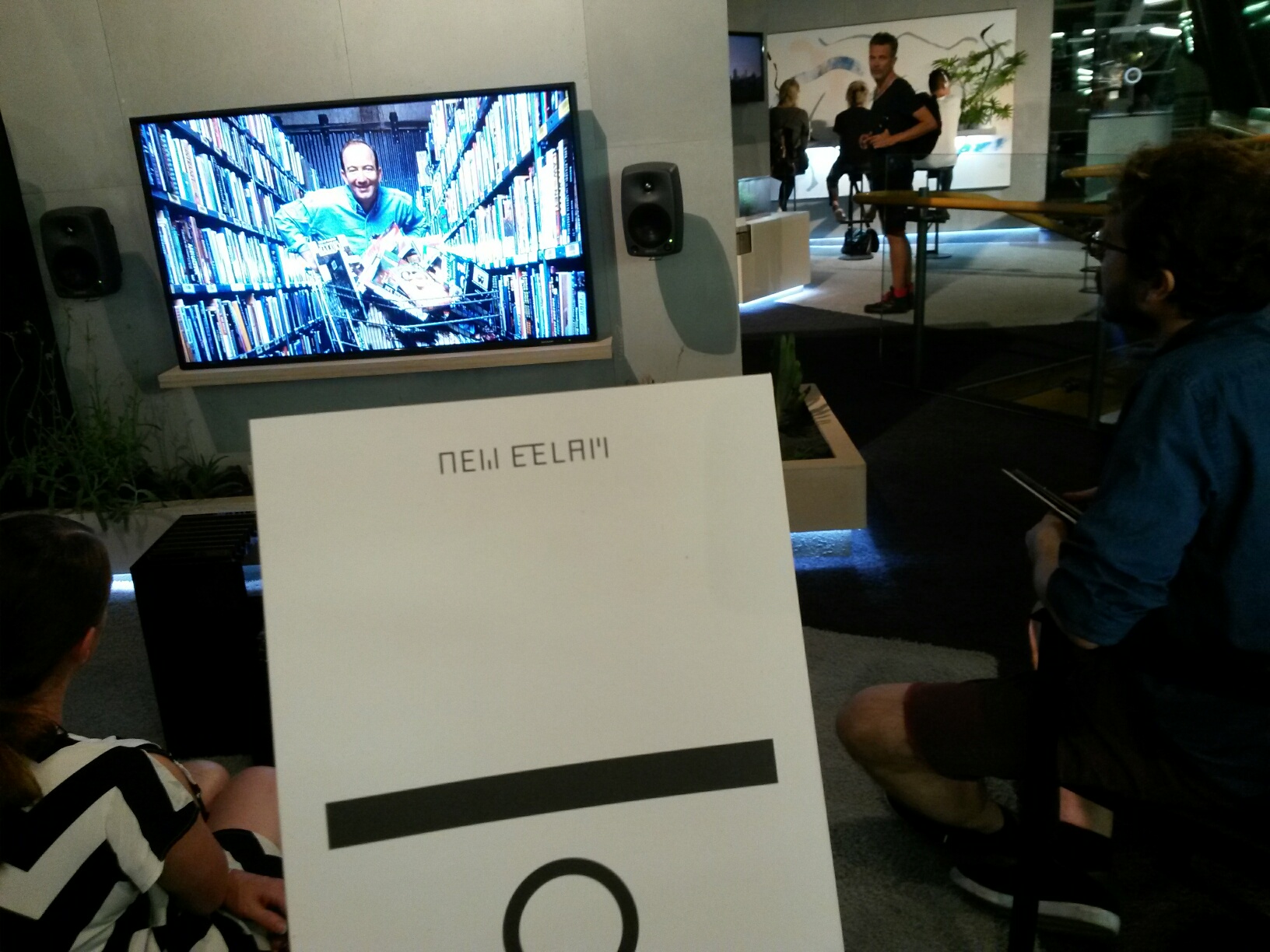
One installation that really stood out was a brilliant concept about liquid citizenship, collectively owned apartments in amazing world cities based on subscription, and living beyond national borders. In many ways that’s how I’m living right now — minus the partial ownership model. And it’s so different than the adult world I imagined for myself back in high school.
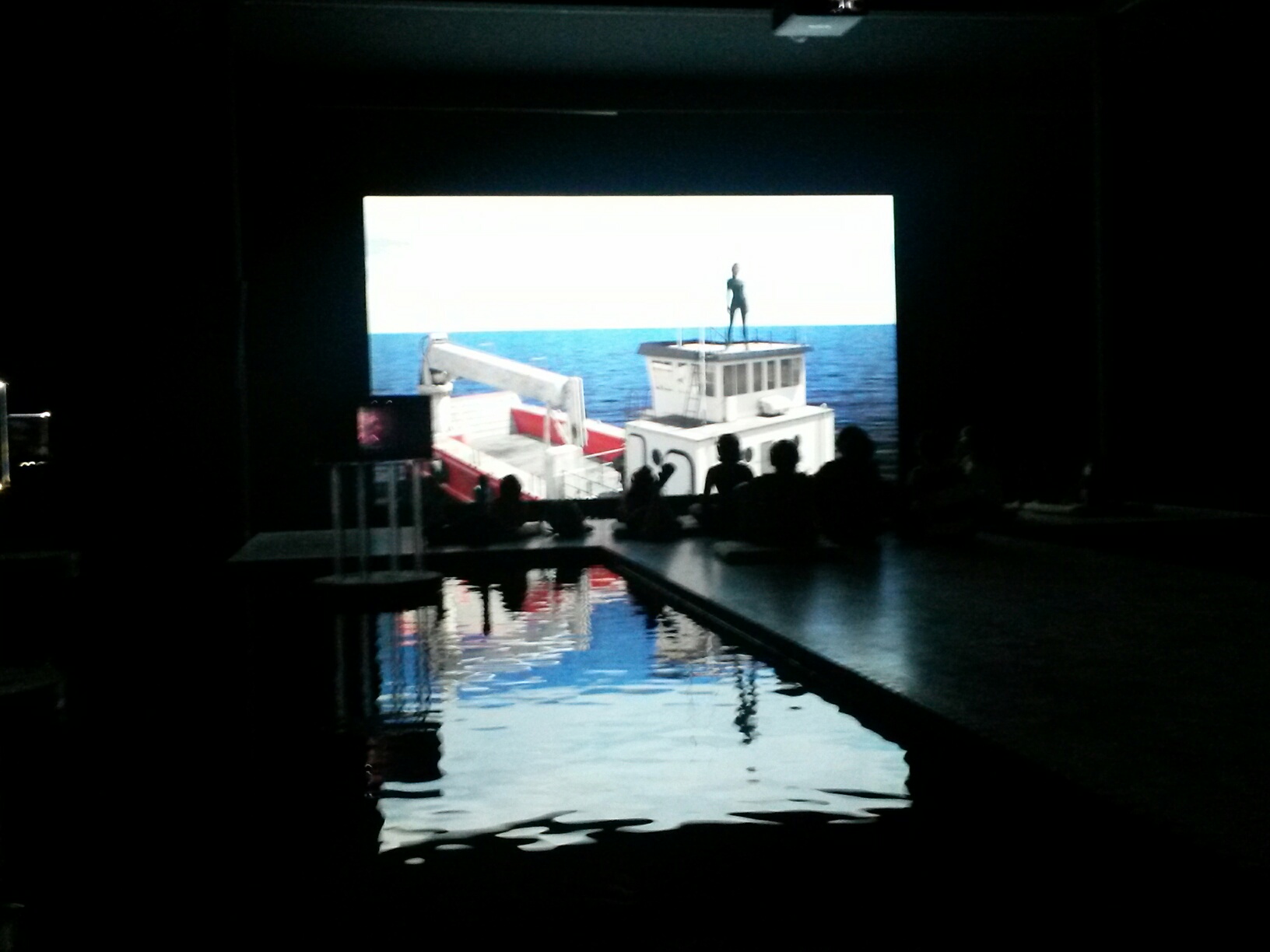
The other installation I really loved was shown at the KW Institute for Contemporary Art. It was called “What the Heart Wants”, and in it Cécile B. Evans examines what constitutes a person in the digital age, and how machines shape what it is to be human.
The setting was a large dim room. The floor was entirely flooded with water, and a t-shaped walkway led up to a huge video screen, with cushions at the end where viewers could sprawl in the darkness to engage with the screen. There were pedestals in the water with holograms floating on them, too. And the video was a brilliant semi-futuristic commentary on ourselves as data, and on how we might persist through time.
One impression stayed with me after engaging with all these works of art, and that is the sense of blinding forward motion.
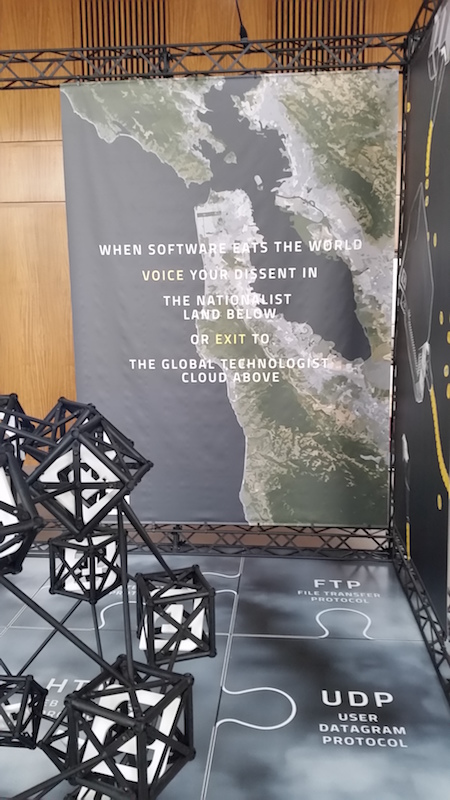
The digital world that we’ve more or less made up as we’ve gone along is now evolving so quickly that it’s nearly impossible to understand.
Just think back to 1998, when I graduated university. Internet had only been around for a couple years. I was being bombarded with content by two email-based martial art newsgroups, and looking at slow-loading pics of naked girls on dial up. And that alone seemed incredible to me.
But today I can walk through just about any world city surrounded by signals. I’m in the analog world while at the same time inhabiting many layers of the digital, through maps, social media, fucking pokemon characters, apps that connect to other people based on proximity, and more.
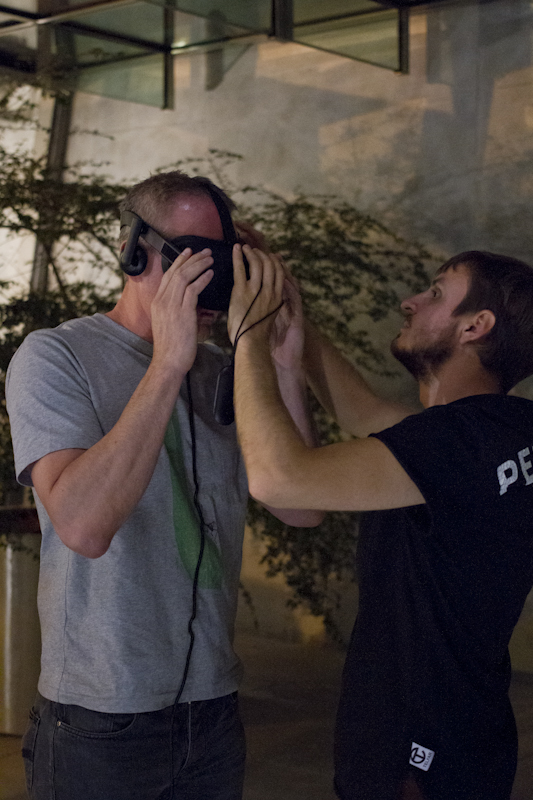
Our information is for sale, and our personal space becomes semi-public whenever we rent our apartments to strangers on Air BnB, or become taxi drivers through Uber. Everything we see online is filtered based on what we tend to click on and who our “friends” are. It’s all being curated behind the scenes, but few of us know how this happens or what it means.
It’s fucking mind boggling. And it got this way in less than 20 years.
But all of this also comes at a cost, and this has become increasingly apparent when I take a close look at my own life.
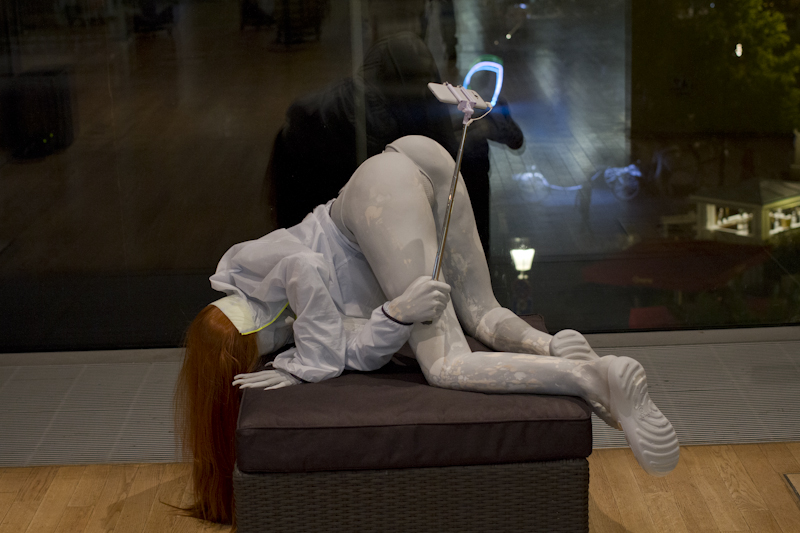
I’ve been thinking a lot about this after reading an advance copy of Lawrence Millman’s new book At the End of the World (stay tuned to Outpost magazine for my conversation with him in the January / February issue).
Millman’s book is about a series of murders on a forgotten group of islands in Hudson Bay. But it’s also about the clash of cultures, dying ways of life, and our own dangerous migration from the physical to the virtual world.
We walk through our day with our faces glued to tiny screens, interacting with the world and each other through our devices rather than in person. Instead of memorizing or learning anything — which stretches our brains and forms new connections — we outsource our memory to search engines. We don’t bother to learn directions anymore either, because the phone will tell us how to get there without our having to think.
And I’m as guilty as anyone else of this, despite having very mixed feelings about that irritating smart phone I carry around. I use it constantly when I get a connection, and anytime I’m waiting in a queue or “killing time”. Sure, it can be a convenient shield to avoid interacting with people when I don’t want to engage. But at other times it means I’m rarely left in my own head, to just observe what’s happening around me. And the time I am killing is the time I’ve got left.
Life has sped up, and we’ve forgotten how to wait.
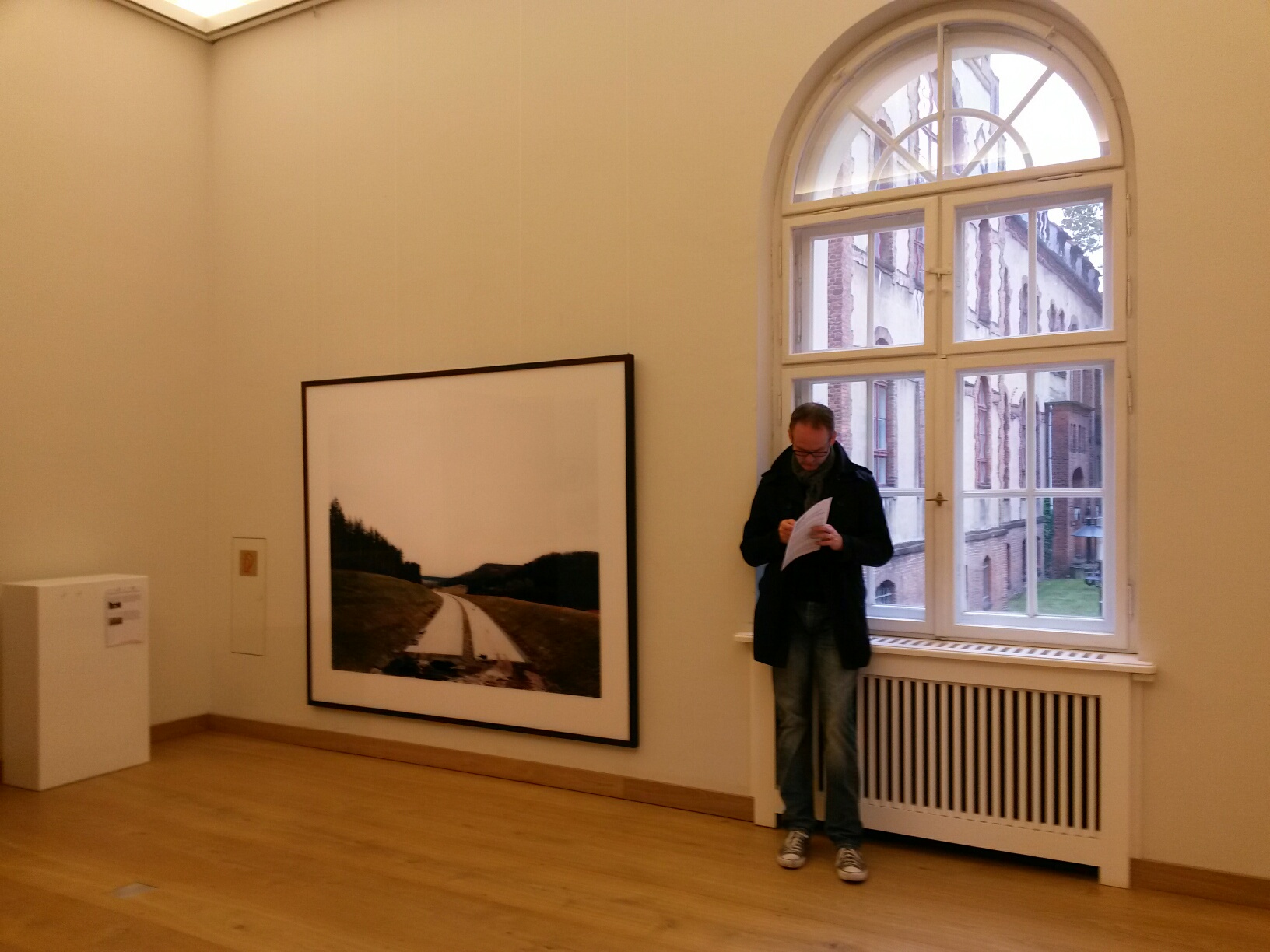
Technology has made so much available to us, but it’s also dumbing us down, restricting our thinking, and even restricting the sort of information we’re exposed to. Search engines and social media feeds reinforce selection bias by only showing you the sort of content you already tend to click on, and they reward numerical popularity with even more exposure. The more popular something is, the more people will see it, whether or not it’s true. Hence, cute cat videos will take up enormous amounts of bandwidth, and deep, more challenging articles or material will be relegated to the fringes, because no one has the attention span to wade through long texts.
That sort of attention-deficit lifestyle is harmful to slow, deep thought. And that is exactly what we’re losing when we rely on search engines to spit out facts.
For example, reading literature lets you experience life events and struggles without going through them yourself, and it teaches you empathy and gives you the sense that you’re not alone in your struggles. And studying history isn’t just about memorizing dates and facts. It’s understanding patterns and events, and how and why things happened, and the larger course of human history. How can you know anything if you don’t know where we came from? You’d imagine every idea you ever had was so blindly original, but it’s been done so many times before. And geography — if you don’t know where you are, physically, on this planet, then you are lost.
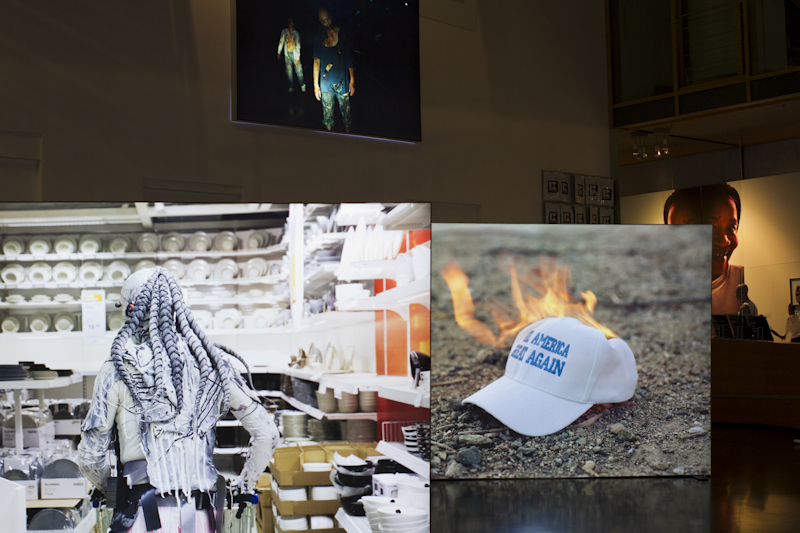
Of course, there are positive developments too. All of the content at our disposal — and the ability to search and filter it — helps us find more of what we need and like, and helps advertisers target prospective customers. But it also restricts our view of the world to narrower and narrower ranges, and it reduces the role of chance in our lives.
Searching for a book on Amazon is so different from browsing a library or a used book shop. Online you can find recommendations based on other people’s buying patterns, but you’ll never experience stumbling across that perfect book which somehow falls out of the shelf right when you needed it.

I know that without the internet I’d be unemployable. But my ability to travel and disconnect suffers from the expectation that I’m supposed to be available anytime anywhere.
Technology also provides an easy way out when you’re traveling alone and disorientation and loneliness are getting you down. It lets you reach out to your safety net back home rather than just sit in solitude with that extreme discomfort. It removes the crucible of change.
This technological shift has also affected how I write — but not for the better.
When writing on the computer I find myself going into “internet mode”. I use short, choppy phrases and truncated paragraphs of no more than two sentences to produce text that’s easy to skim on a screen. Because, let’s face it, no one reads closely on a screen — at best they skim and pick up a superficial understanding.
That’s very different than writing for print, and my style has suffered because of it.
I wrote the first draft of Vagabond Dreams by hand on yellow notepads, and then I typed it all into a laptop page by page. That typing part was tedious, and I would definitely hire someone for it today. But the writing process was very different, and the way it shaped my thought process was too.
I think I’ll go back to that way of writing for my next book.
I’d love to hear from other writers who have gone back to analog. Has it changed the quality of your work? For better or worse?
That was a bit of a ramble, I know. But it’s what’s on my mind right now.

Get your FREE Guide to Creating Unique Travel Experiences today! And get out there and live your dreams...
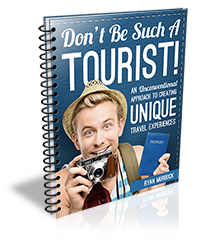
I absolutely agree and have been having a similar rant myself. Frequently! Consequently read most of your post aloud to all who would listen, it resonated so well with what we have been discussing as a family. One further point – our teenagers now do the bulk of their schoolwork on laptops or tablets, yet have to write in long hand on paper for exams. And yet the thought and essay construction processes are so different between mediums – surely not conducive to helping them submit their best work.
Thanks Jacquie, I’m glad you found some backing here for your rants. I agree, I find the thought process I use on screen and on paper is very different. I’m only now becoming fully conscious of just how much my writing has changed when focused towards online or periodical content. I’m going back to paper this coming year to see if I can recapture some of what worked best in my first book. Something different seems to happen with that direct connection between hand, pen and paper which doesn’t happen on screen. If any of your teenagers are inclined towards the arts, I would encourage them to experiment with different implements. I’d love to hear about their results.